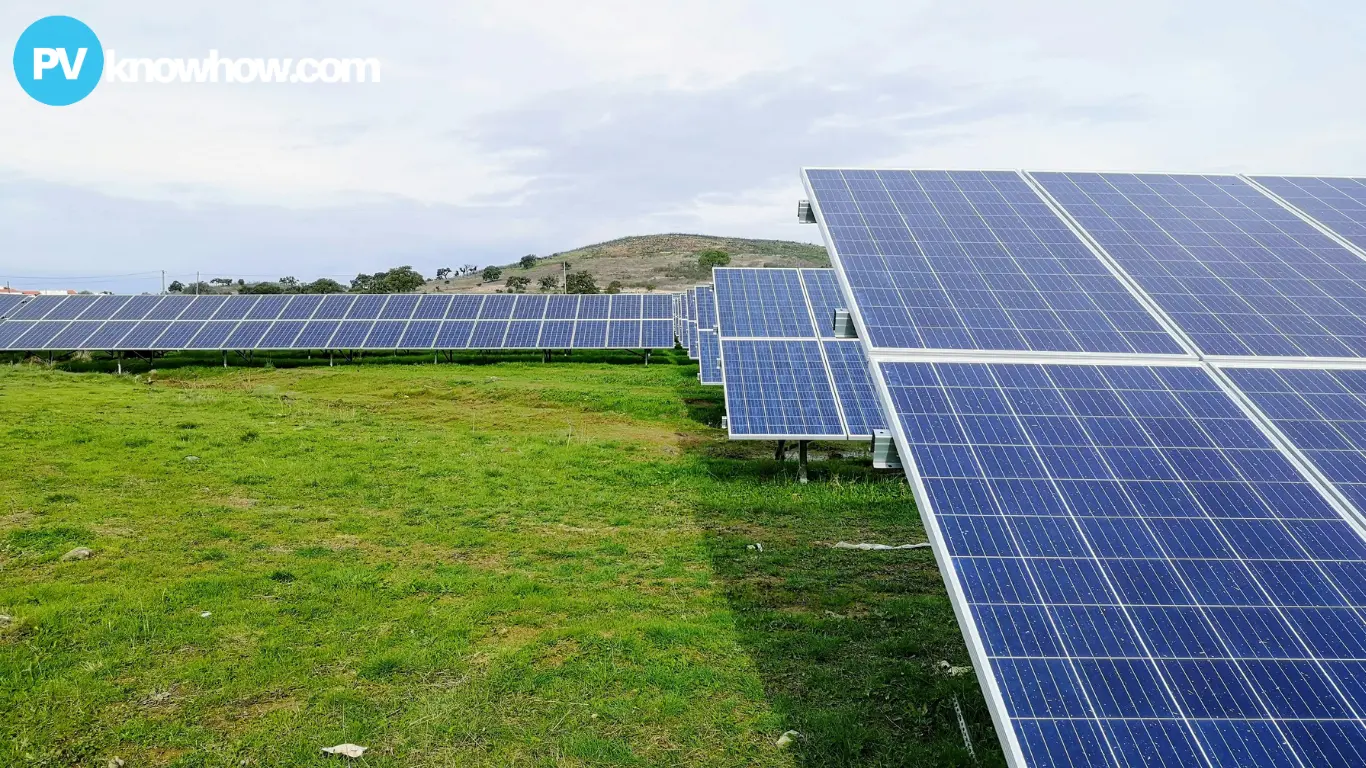The central government announces a new solar power project in Belagavi district in a move to modernize energy use and accelerate sustainability. The project aims to integrate solar power into 45 power substations across Belagavi district. This in an effort by India to further renewable energy and sustainability globally.
Belagavi District Empowers Energy Grid with Solar Integration
The increasing requirement of electricity for Belagavi district proved as a driving force for the Indian government to exploit the benefits of clean and eco-friendly solar power generation that also meets its objective of social engineering.
Under the solar power revolution of PM Kusuma Yojana, solar power will be generated in big lines (feeder) so that the dependency on non-renewable fuels for generating energy will be diminished.
Installing solar power units at all these power substations is an excellent way to increase energy security and sustainability.

Image: Collected
Forty-five substations have already been identified for the installation of the solar unit and more work is being done to identify more substations where these installations can be done.
This will add huge amounts of energy to be produced in Belagavi district in Karnataka and sync it with the solar generated power to make reliability more secure.
Belagavi District's Solar Expansion: A Catalyst for Change
With the solar expansion in Belagavi district, the country is on the verge of achieving a reality of clean, green power The setting up or expansion of solar projects that continue to grab the headlines in Belagavi district is part of the central government’s target of generating 153.85 MW of power under the PM Kusuma Yojana, or the Prime Minister’s Solar Scheme.
Positioned strategically over the Khanapur, Savadatti, Bailhongal, and in various taluks, the district is today rapidly marching towards becoming one of the solar hubs that address today’s growing energy demands locally.
Praveen Kumar Chikkade, the superintendent engineer at Hescom, also echoed the importance of acquiring land through a government notification. ‘Everybody is co-operating. Agencies, authorities, departments, whoever are in a position to provide.
They are in the process,’ Chikade told me. As more initiatives such as the Kusuma Yojana develop and collaborations with companies like the Karnataka Renewable Energy Development Corporation (KREDL) bear fruit, Belagavi district is paving the way to a cleaner, more stable energy future.
And with India’s solar power capacity poised to continue its rapid growth, small-scale efforts such as Parnami’s in Belagavi district demonstrate how the country plans to become a leader in renewable energy, from targets to innovations in deployment.
With the move to solar, Belagavi is not just making the village more energy self-reliant, the partners are building a path to a future bright with unlimited energy resources – for their children and generations of children to come.
The work in Belagavi is not only an Indian initiative to mitigate climate change, but a global initiative by India to be a responsible steward of renewable energy. With every installation of a solar panel in Belagavi, the world moves closer to a brighter, cleaner, and more sustainable future.
